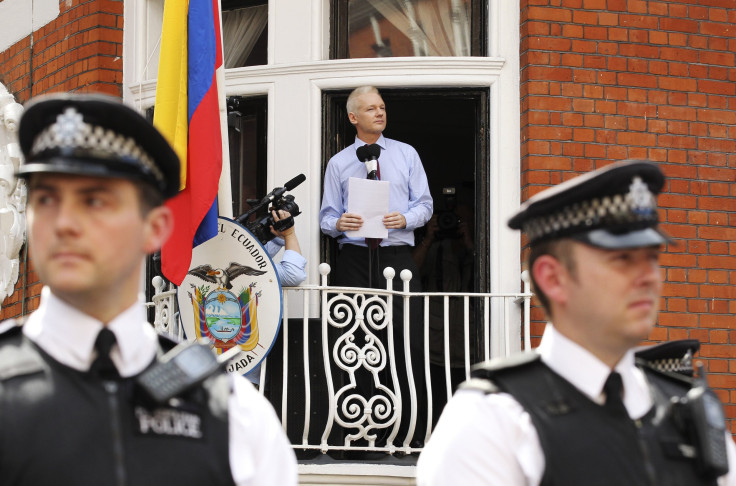Edward Snowden Cannot Mount 'Meaningful' Defence In US: Julian Assange

Julian Assange, founder of whistleblower website WikiLeaks, has said that former National Security Agency contractor Edward Snowden will not be able to conduct a "meaningful" defense against the U.S. government if he returns to his home country.
In an interview with Democracy Now, Assange, who has been staying at the Ecuador embassy in London for three years, noted that the U.S. government will use the state secrets privilege in its case against Snowden and try to present evidence in a manner that will render him unable to conduct a defense.
"He has no possibility to conduct a meaningful defense in the United States. That's just a sad reflection of how the federal court system has evolved in relation to national security cases," Assange said.
He added that the U.S. government will make sure that the case is tried in Alexandria, Virginia, which has "the highest density of military intelligence contractors and government employees" in the country. "So they always get what they want" in Alexandria, according to Assange.
"The state secrets privilege is used in these espionage cases, where the government tries to work out a way to present evidence that it doesn't allow to the defense under the basis that it's classified. So, even at the sort of procedural level, he will not be able to conduct a meaningful defense," he added.
"Then, in relation to his obligations under law for classified access, it's a strict liability. So he can't conduct any whistleblower defense that it was in the public interest, etc. It's strict liability."
Snowden attracted international attention after he leaked up to 1.7 million top secret documents about the NSA's surveillance programs. President Barack Obama's administration faced severe criticism around the world as the documents revealed that the NSA tapped telephone conversations and spied on the Internet activities of prominent people, including German Chancellor Angela Merkel and Brazilian President Dilma Rousseff.
© Copyright IBTimes 2025. All rights reserved.





















